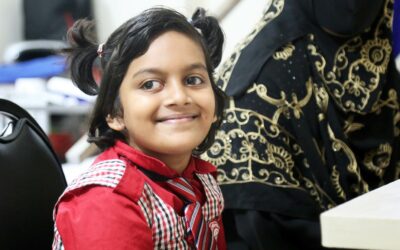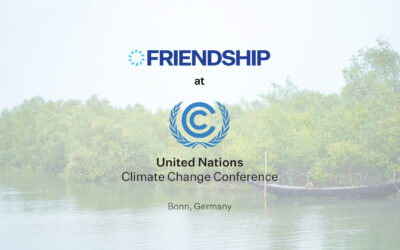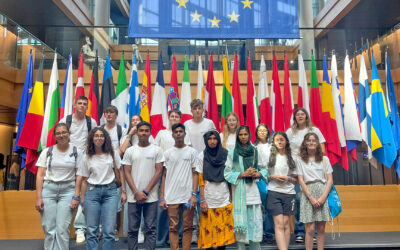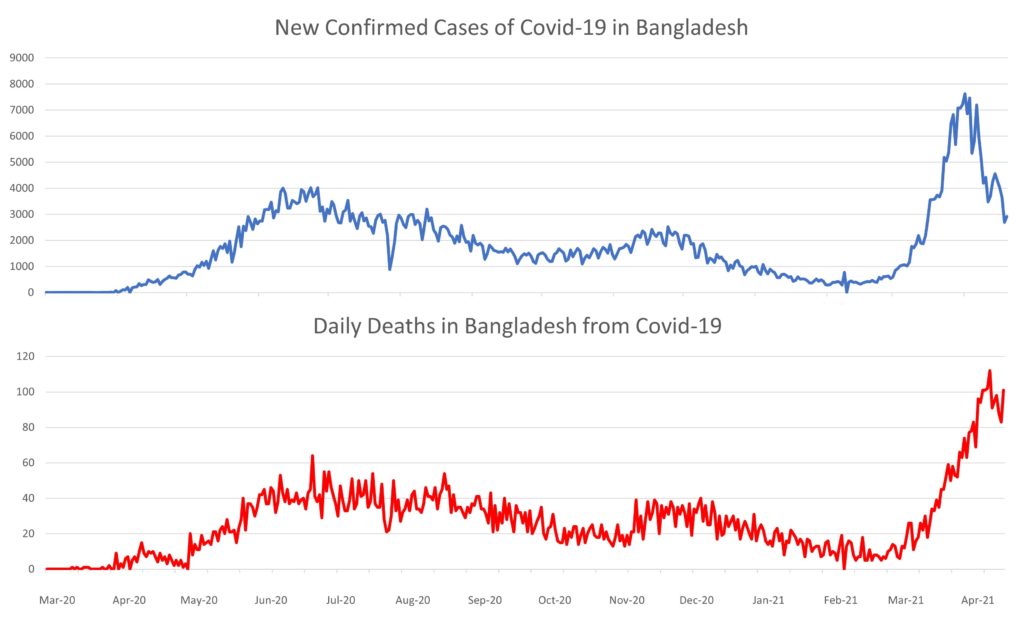
FRIENDSHIP NEWS DESK
April 27, 2021
- Daily new deaths reach at all-time high in April
- Shutdowns extended till May 5, but shops allowed to open ahead of the Eid festival
- Questions arise about vaccine supply as India struggles to contain crisis
- Poverty reduction reverses for the first time in decades
The Bangladesh government imposed a country-wide lockdown starting April 14, following a dramatic new wave of Covid-19 infections. The number of new cases topped 7,000 on several days last week, with daily deaths surpassing 100 on April 17 for the first time since the start of the pandemic. As the death rate crested, the authorities relaxed the lockdown regulations, allowing shops to remain open during limited hours ahead of the Eid festival.
The weeks leading up to the annual Eid celebrations are traditionally a crucial time for the economy, with a boom in trade and consumption. The latest measures indicate the country’s struggle between containing the pandemic on one hand, and minimising the tragic economic consequences of lockdown.
The World Bank has said that the pandemic has caused a reversal in poverty reduction in Bangladesh for the first time in decades. According to a study by the Centre for Policy Dialogue, 16.38 million citizens have been pushed into poverty, and over 3% of the labour force lost jobs since lockdowns brought the economy to a halt last year.
But the rate of infections plateaued, and the economy showed signs of recovery by the end of the year. Optimism grew as Bangladesh started administering vaccinations on January 27. More than 7.2 million doses of Covid-19 vaccines have been given to date. However, new cases started soaring in March.
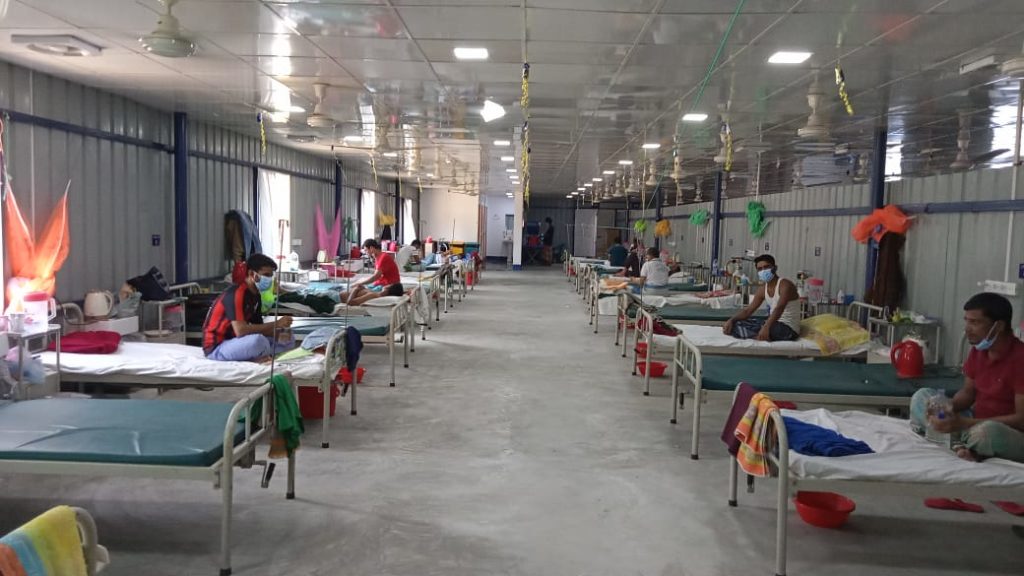
Vaccination supply faces uncertainty
Bangladesh has been sourcing most of its vaccinations from the Serum Institute of India, where advance payment has been made for some 15 million doses. However, after registering the highest number of daily new cases in the world for several days in a row, and failing to meet the need for oxygen, India is under severe pressure to meet national requirements for vaccinations. Delhi has said that it will be unable to meet its commitments to Bangladesh.
Meanwhile, the Bangladesh government is attempting to source vaccinations from other countries. Health Minister Zahed Maleque told a national newspaper that Russia has offered to sell Bangladesh 25 million doses of its Sputnik V vaccine, or provide assistance to produce it locally.
Covid fatigue
“The biggest overall threat that Bangladesh is facing is that people are quite frustrated due to staying indoors because it is affecting their livelihoods,” said Dr. Rafi A H Siddique, team leader at Friendship Health. He said the choice for most people is between the risk of contracting the virus or starving.
“For daily wage earners like rickshaw pullers and labourers, the work is highly strenuous, so many of them don’t wear a mask while doing it,” said Rafi.
“During the last four to five months, even medical personnel had become reluctant to follow strict protocols, because of the low infection rate,” said Rafi.
Friendship Health Services During Pandemic
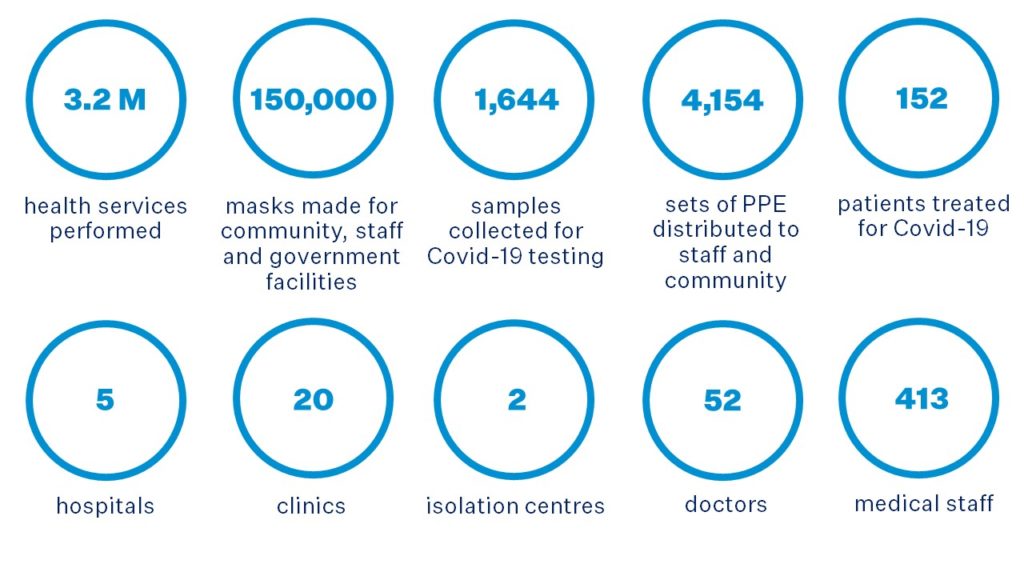
At Friendship, things are different, says Rafi. Even before the first cases of Covid-19 were detected in Bangladesh, the organisation began to groundwork to enable it to continue operating under pandemic conditions. Therefore, when restrictions were put in place, Friendship hospitals and clinics were prepared with social distancing and hygiene protocols. At a time when health services were becoming increasingly difficult to access, Friendship ensured that its hospitals and clinics in the remotest areas in the northern riverine areas and the coastal belt in the south remained fully functional, in addition to conducting Covid-19 infection prevention awareness.
Schools continued to operate through telecommunications teaching methods and socially distanced home visits. Climate action volunteers pivoted to working on Covid-19 awareness and hygiene messaging, and the fashion brand, Nodi, started manufacturing masks.
“All of our pandemic measures have remained in place,” says Rafi. New programmes have been developed to assist the government in 11 districts combat the Covid-19 crisis. This included food banks, the Covid Warrior training programme, and a quarantine facility for government medical staff.
One of the latest projects has been the Severe Acute Respiratory Infection Isolation and Treatment Centre (SARI-ITC) in Cox’s Bazar city area, with 50 beds for treating mild and moderately ill patients infected with Covid-19. This makes up 50% of the city’s bed capacity for Covid-19 patients.
Occupancy at the SARI-ITC facility has grown rapidly since mid-March, mirroring the rise in infections around the country.
Daily Patient Admission at SARI-ITC
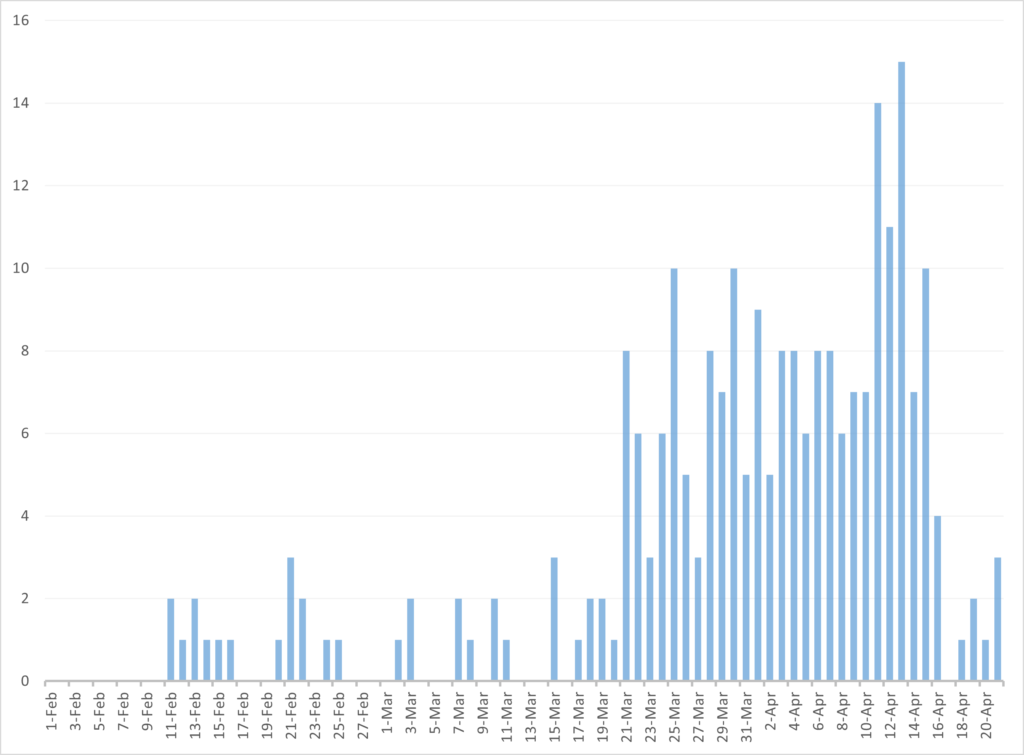
Long-term impacts
Besides economic impacts like poverty and indebtedness, the country will have to contend with many long-term impacts of the pandemic.
Prevalence of anxiety has increased four to six times, according to the IEDCR, resulting in increased depression and other mental health issues. The IECDR reported that at least seven cases of suicide had resulted directly from the Covid-19 situation.
Meanwhile 24 million students are locked out of schools, and a privileged few have access to virtual classrooms that are comparably effective. By now, these students have missed 13 months of classes—a loss that will have long-lasting impacts for them and for the country.
Friendship’s Response in Cox’s Bazar
- Operation of 50 Bed Severe Acute Respiratory Illness Isolation Treatment Centre facility in Cox’s Bazar city with 22 medical staff
- Contact tracing of those who were in contact with Covid-19 positive patients in Cox’s Bazar as part of the government response plan.
- Operational support to Covid-19 unit at District Sadar Hospital in Cox’s Bazar
- Comprehensive Risk Communication which includes inter-personnel communication by healthcare providers, community mobilisation through volunteers, public service announcement through electronic and print media and community consultation, display and distribution of information, education, and communication materials
- Sample collection both at the medical facility and by mobile medical teams in vulnerable communities within Cox’s Bazar Sadar
- Assessment, screening, and isolation for suspected and probable cases (including referral for testing)
- Provision of food and supplements, including immunity boosters, to isolated patients
- Operation of the outdoor and mobile medical unit for treating people with symptoms that possibly relate to Covid-19 infection
- Providing psycho-social counseling to Covid-19 patients
- 237 medical staff and 25 doctors working in Cox’s Bazar district, including in Rohingya Camps

